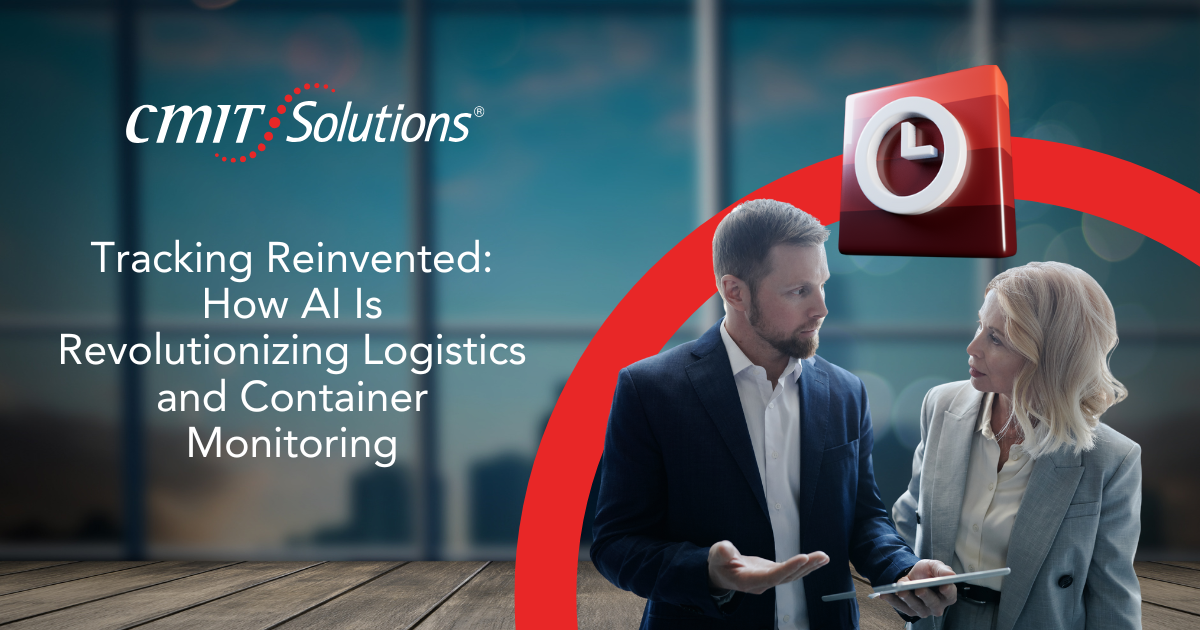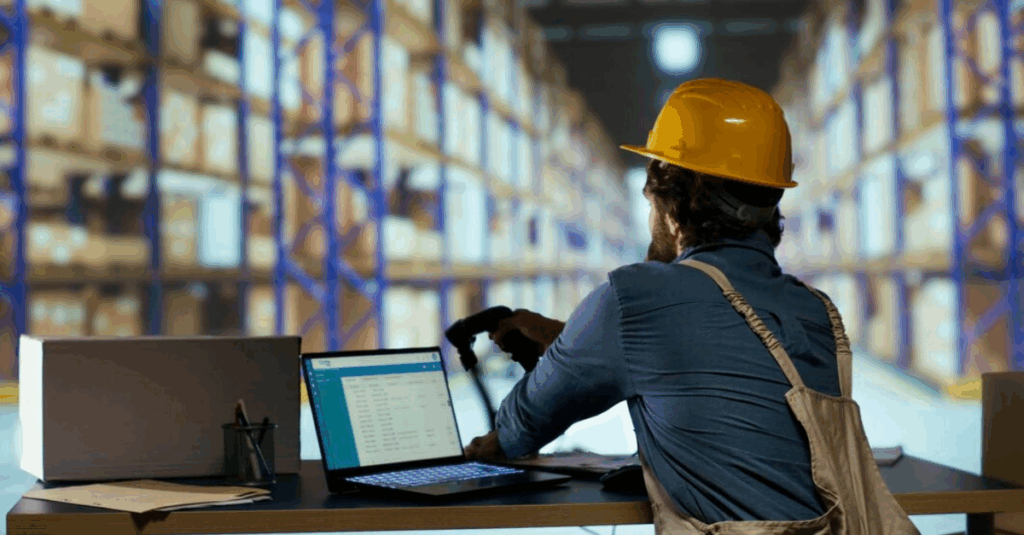In a globalized world where goods constantly move across borders, oceans, and cities, visibility and accuracy in logistics have become vital. Artificial Intelligence (AI) is no longer just a futuristic buzzword—it’s a present-day powerhouse, reshaping how businesses track, secure, and optimize their supply chains. From container monitoring to real-time decision-making, AI is rewriting the logistics playbook.
The Rise of AI in Logistics
Traditionally, tracking shipments involved barcodes, spreadsheets, and manual updates. These methods, while once sufficient, are now too slow for the complexity of global logistics. AI brings automation, predictive analytics, and real-time visibility into the picture. By learning from historical and live data, AI systems can anticipate delays, reroute shipments, and even detect anomalies before they escalate.
This technological leap enhances not just performance but also data protection, especially in scenarios involving sensitive cargo. AI-backed logistics platforms are increasingly being paired with automated data backup protocols to ensure business continuity even in the event of system failures.
How Smart Containers Are Changing the Game
Containers are no longer passive storage units. Modern “smart containers” come equipped with IoT sensors and GPS devices, feeding real-time data to AI algorithms. These containers monitor temperature, humidity, shock levels, and location—providing full transparency to logistics teams.
Here’s what AI-powered container tracking enables:
- Predictive maintenance for containers and vehicles
- Dynamic rerouting based on weather or congestion
- Theft detection through anomaly tracking
- Real-time alerts for deviations from optimal conditions
Integrating this tech with network monitoring tools ensures seamless communication and troubleshooting throughout the transportation chain.
Unified Visibility Through Centralized Dashboards
AI platforms unify scattered data sources—from port updates to GPS readings—into a single dashboard. This holistic view allows logistics managers to make quick, data-driven decisions.
For instance, if a high-priority shipment gets delayed, AI algorithms can suggest rerouting options, assess customs clearance statuses, and even adjust warehouse schedules. Pairing this capability with unified communications platforms ensures smoother coordination across distributed teams and time zones.
Enhancing Cybersecurity in Logistics
With the rise of connected devices, the logistics industry has also become a lucrative target for cybercriminals. Unauthorized access to shipment data can result in theft, disruption, or even geopolitical risks. AI strengthens cybersecurity by detecting suspicious activity patterns and deploying automatic containment protocols.
A cybersecurity framework backed by machine learning can protect endpoints and ensure encrypted communication between container sensors and monitoring platforms. Businesses must also enforce robust IT management policies to avoid breaches from internal threats or overlooked vulnerabilities.
Real-Time Problem Solving and Operational Efficiency
One of the most transformative benefits of AI in logistics is the ability to make split-second decisions. When a container deviates from its projected path or is exposed to hazardous conditions, AI systems can trigger workflows to reroute it, notify operators, or initiate contingency plans.
Operational gains include:
- Reduced response times to delays and emergencies
- Lower fuel consumption through route optimization
- Fewer human errors via automation
- Accurate estimated times of arrival (ETA) updates for clients
To maximize efficiency, many organizations partner with managed IT providers to integrate AI into their existing logistics ecosystems seamlessly.
Scalable Architecture for Global Growth
AI-driven logistics systems are built to scale. Whether you’re managing ten containers or ten thousand, AI platforms adapt by learning new patterns, integrating additional data sources, and refining their algorithms. With global expansion, companies require infrastructure that can support such flexibility and resilience.
Enterprises relying on cloud-based IT services benefit greatly from AI’s scalability. Cloud platforms support real-time collaboration, backup, and disaster recovery—ensuring the entire logistics operation can function without interruption.
Bridging the Talent Gap with AI
Logistics companies often face staffing challenges, especially when it comes to data analysts and systems engineers. AI tools reduce this dependency by automating decision-making processes that once required manual oversight.
This not only alleviates the need for constant human intervention but also enhances the accuracy of operations. Businesses can use outsourced tech support to manage and maintain AI solutions without increasing in-house headcount—allowing teams to focus on strategic initiatives.
Future-Proofing Logistics with Predictive Analytics
AI doesn’t just monitor the present—it forecasts the future. By analyzing past delivery trends, traffic patterns, and supply chain disruptions, AI can offer actionable insights that help businesses make proactive decisions. This predictive power is particularly valuable when preparing for seasonal fluctuations, weather events, or geopolitical risks.
For long-term sustainability, organizations should explore comprehensive IT services that align predictive analytics with broader operational goals. The result? A logistics operation that’s not only efficient today but adaptable for tomorrow.
Conclusion: AI Is the Co-Pilot Logistics Needs
AI is not replacing humans—it’s elevating them. From smart containers to intelligent dashboards, the technology enables logistics teams to work smarter, act faster, and plan better. Businesses embracing AI in their logistics workflows are seeing fewer disruptions, faster deliveries, and higher customer satisfaction.
If your logistics operation still relies on manual tracking or disjointed platforms, now is the time to modernize. With the right AI-backed systems and cybersecurity solutions, you can transform your supply chain into a real-time, resilient, and intelligent ecosystem.







